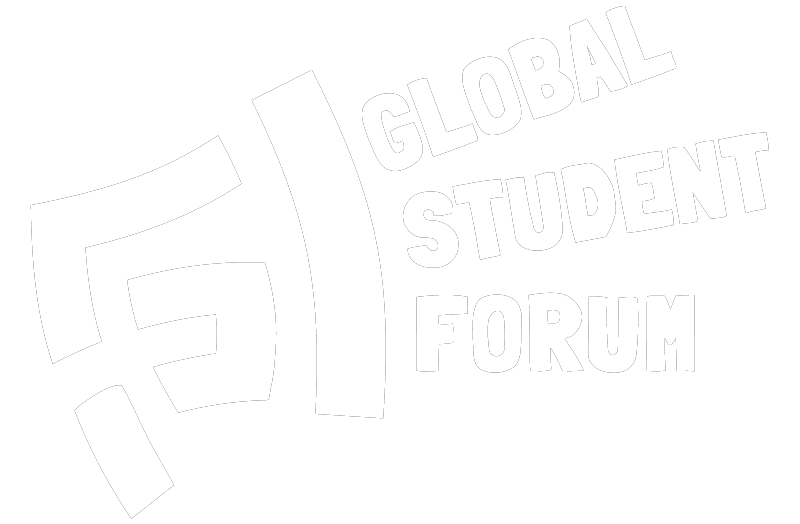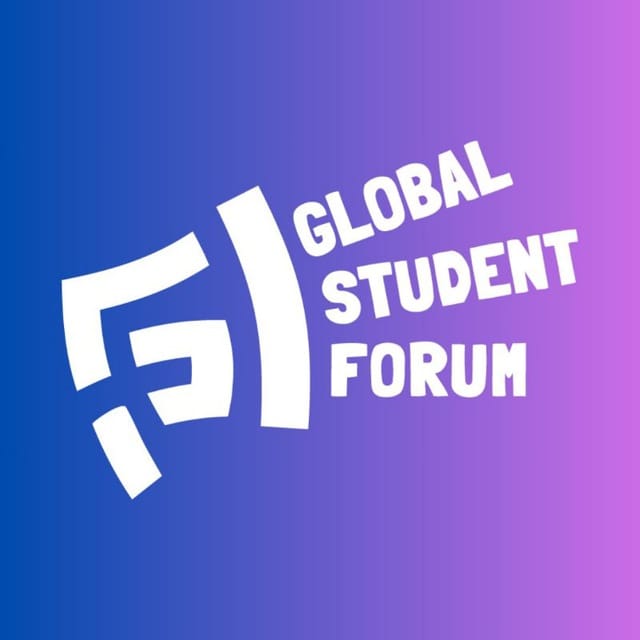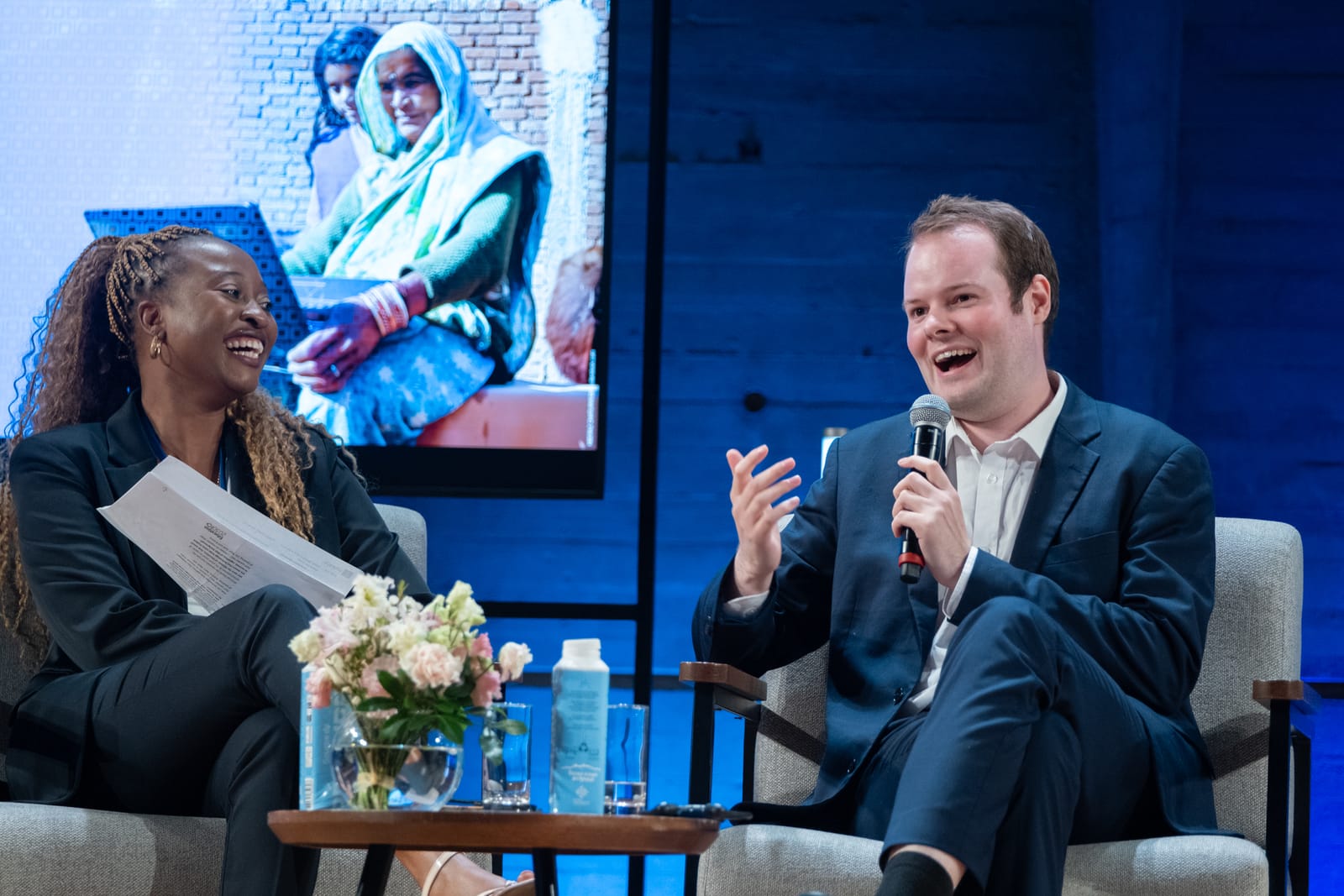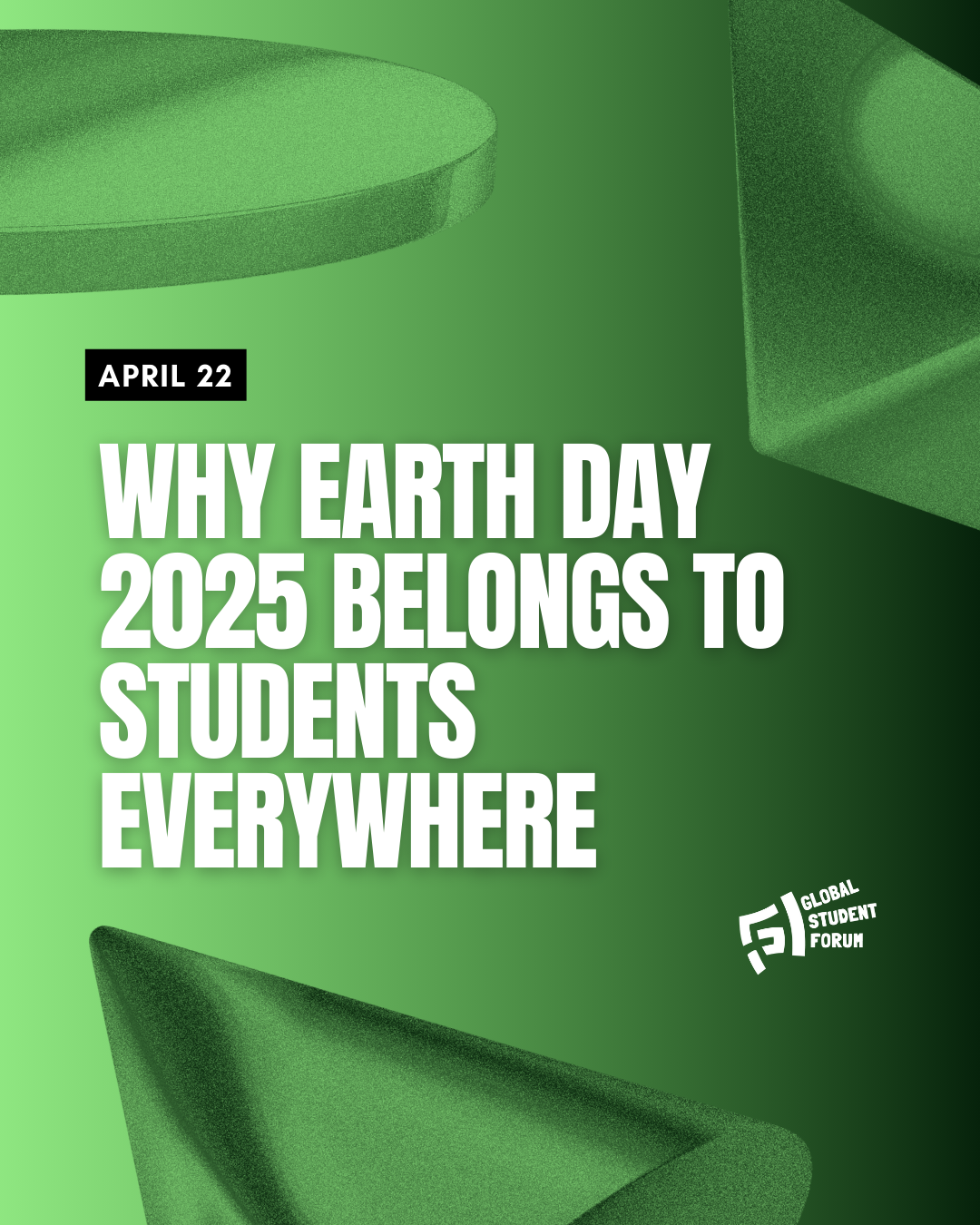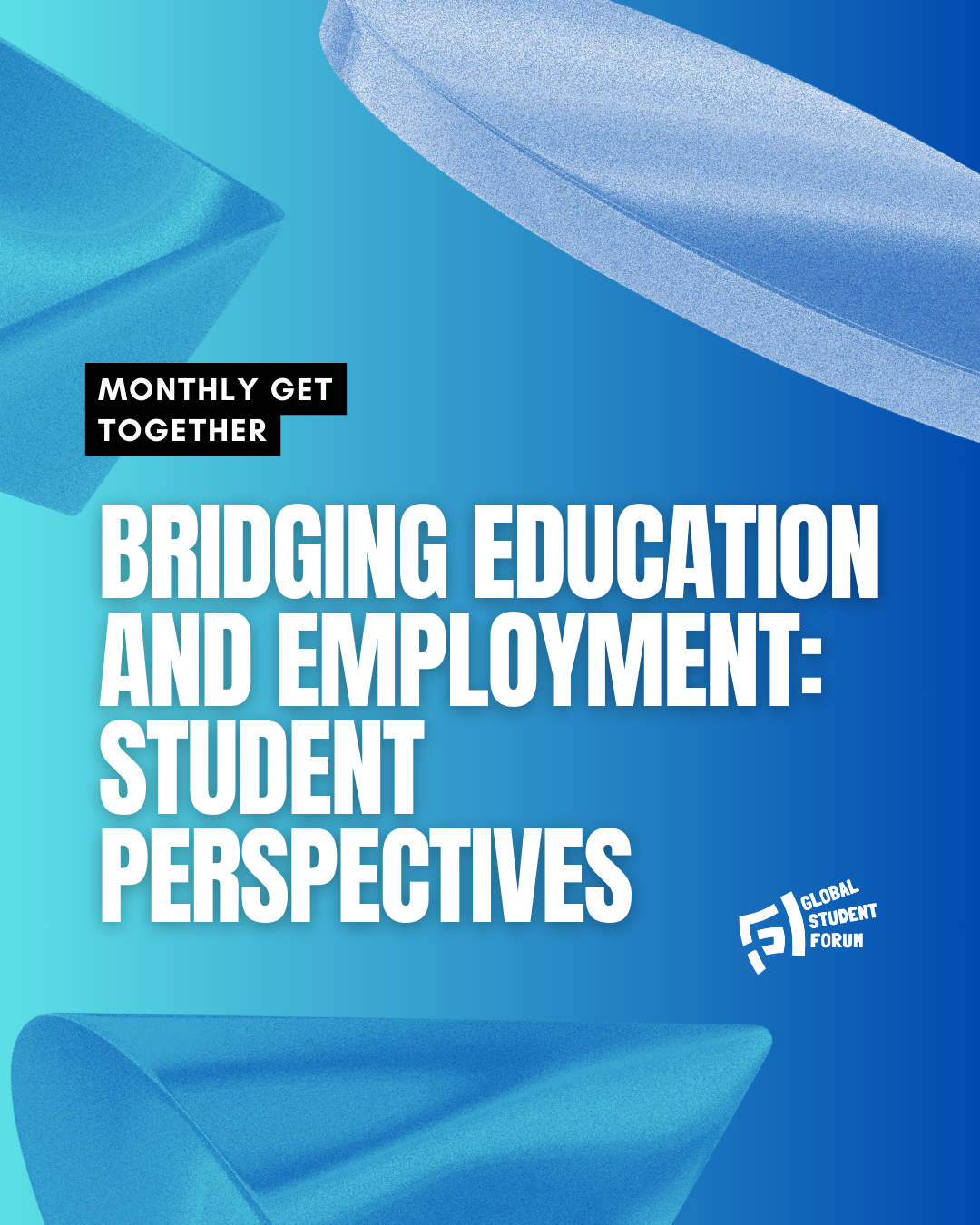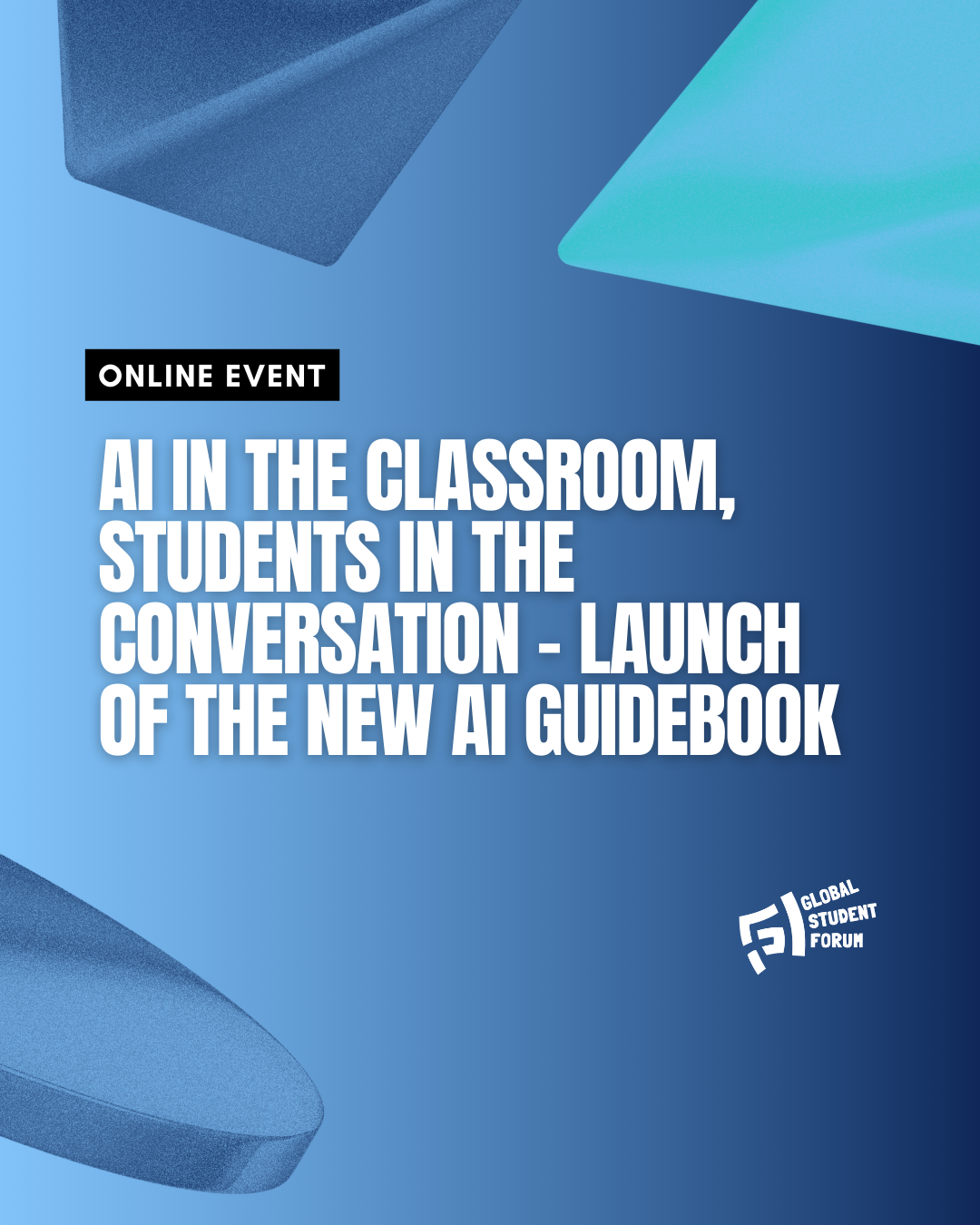05 September, Paris – The GEM Youth Report on Technology in Education was unveiled at the conclusion of this year's UNESCO Digital Learning Week. Jacob Blasius, Executive Director of the Global Students Forum (GSF), highlighted the report's significance, praising its meaningful collaboration with youth and student representatives from around the world.
Jacob emphasized that education technologies are not inherently good or bad but rather tools that need to be thoughtfully implemented for the benefit of education and society. He stressed the importance of equipping both teachers and students with the skills to navigate and make the most of these digital tools.
While digital technologies can increase access to education, the report warns that they may deepen existing economic and social inequalities. This highlights the need for technological literacy to become a core competency for the next generation of teachers and students alike. As classrooms become more digitized, students must be prepared to thrive in this evolving environment, and teachers must be empowered to guide them.
The report’s global scope also draws attention to the "digital divide" between countries in the Global North and South. Limited access to electricity, internet bandwidth, and modern hardware prevents millions of students from benefiting fully from digital education tools. The global education financing gap further exacerbates these challenges, disproportionately affecting the most vulnerable students.
Jacob Blasius reflected on the complexities of ensuring that digital technologies are safe and inclusive for all students. He highlighted that questions of safety and suitability often mirror broader social struggles faced by women and LGBTQ+ communities. In some regions, female leadership is seen as a threat to the social order, and students may be restricted from learning about such topics. This can lead to the use of digital tools that reinforce harmful stereotypes, preventing students from engaging with technologies in a healthy, informed manner.
In the end, Jacob called for ongoing dialogue between students, governments and teachers to address these challenges and ensure that digital learning environments are safe, inclusive, and empowering for all.
Access the GEM Youth Report 2024

